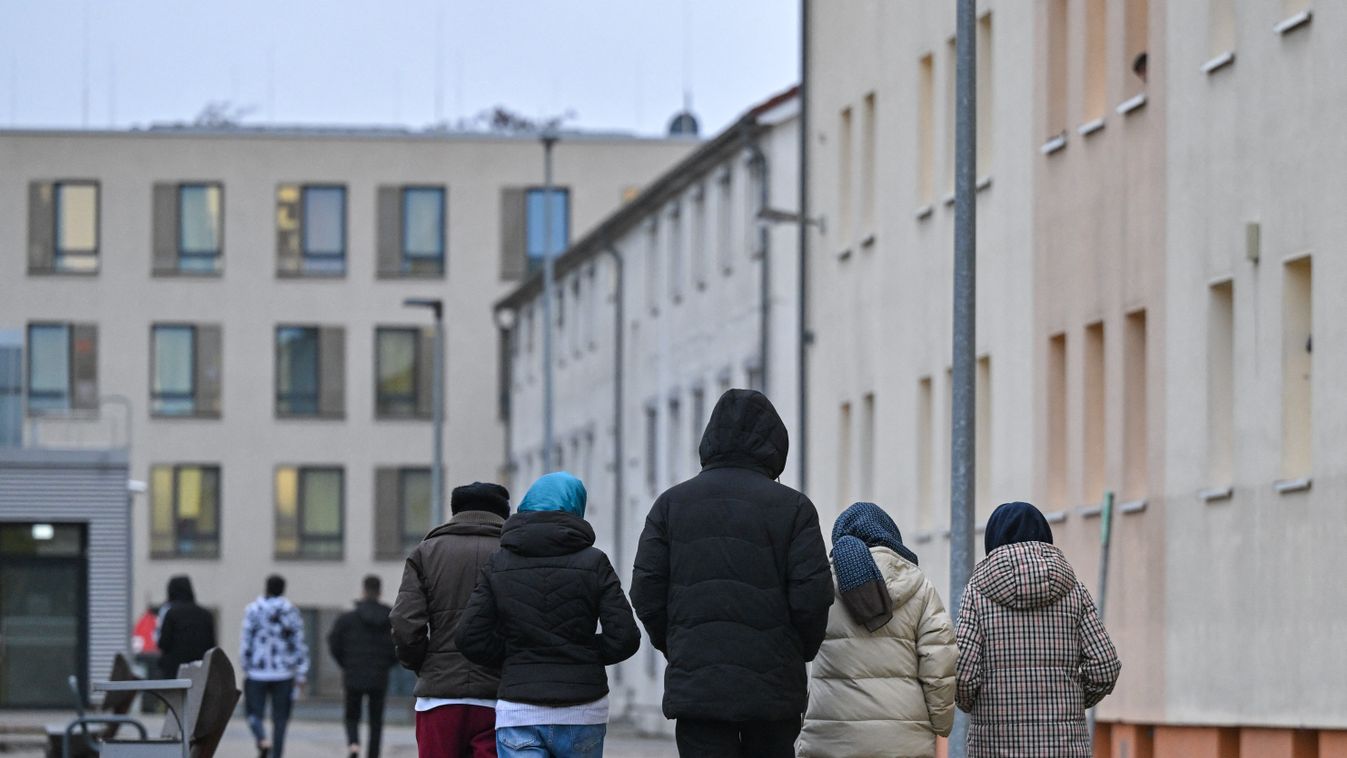Thousands of illegal migrants arrive in Germany each and every week, and the country's Social Democrat-Green-Liberal government is doing all it can to keep them there. Chancellor Olaf Scholz and his rainbow coalition are banking that the migrants will eventually gain employment and start contributing to the economy. But for now, the experience has been that the social welfare system is so beneficial that hundreds of thousands of people see no point in working or studying. This is how, for example, young migrants from Africa and the Middle East have plenty of time on their hands to harass the elderly and women, according to the international V4NA news agency.
People who work today are not working for their own well-being, but for that of others. More than sixty per cent of families on benefits in Germany are not German. The same phenomenon is true in many European countries. We are working to support illegal immigrants. This is the madness that must now be stopped,
– Alice Weidel, the co-chair of the Alternative for Germany (AfD) party, told lawmakers in the federal parliament recently.
German economist Bernd Raffelhuschen has calculated how much migration will cost the German population in the long term. He concluded that
mass migration will, at some point, put a 5.8-trillion-euro hole in the economy.
With these projected numbers, the professor from Freiburg dispelled the myth that immigration will eventually save pension and social security system funds. Mr Raffelhuschen also pointed out that in Germany's ageing society there is already a big gap between what employers and employees pay in taxes, social security, pensions and health insurance contributions and what they will receive in the future.






















Szóljon hozzá!
Jelenleg csak a hozzászólások egy kis részét látja. Hozzászóláshoz és a további kommentek megtekintéséhez lépjen be, vagy regisztráljon!